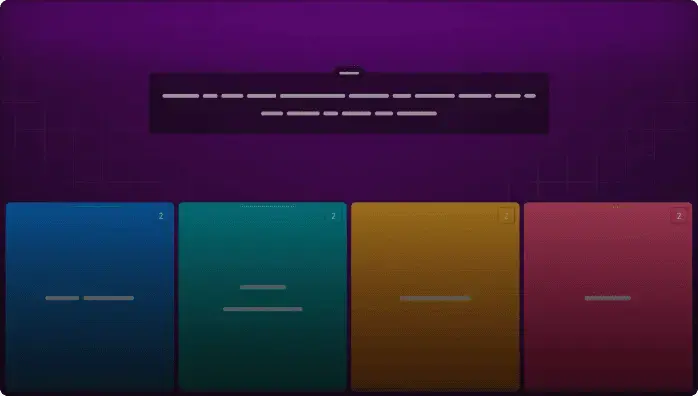
New Criticism
Assessment
•
krystal fernandes
•
English
•
10th Grade - University
•
5 plays
•
Hard
Student preview

21 questions
Show answers
1.
Multiple Select
New Criticism was a result of:
the formalist movement.
a response to the neoclassical movement in literature
the rediscovery of classical works of ancient Greece and Rome that emphasized balance, restraint, and order.
a reaction to the older philological and literary history schools
2.
Multiple Choice
New Criticism focused on:
the history and meaning of individual words and their relation to foreign and ancient languages, comparative sources, and the biographical circumstances of the authors
the reader's response, the author's intention, historical and cultural contexts, and moralistic bias from their analysis.
close attention to the internal characteristics of the text itself, and discourages the use of external evidence to explain the work
aesthetic beauty, not just of nature but of people as well.
3.
Multiple Select
Who of these are contributors to New Criticism?
Plato
T. S. Eliot
I. A. Richards
William Wordsworth
4.
Multiple Choice
The purpose of Objective Correlative is:
to describe the problem inherent in trying to judge a work of art by assuming the intent or purpose of the artist who created it.
to express the character‘s emotions by showing rather than describing feelings
to the supposed error of judging or evaluating a text on the basis of its emotional effects on a reader
emphasis on the single particular over the general, paying close attention to individual words, syntax, and the order in which sentences and ideas unfold as they are read.
5.
Multiple Choice
What is New Criticism?
A literary theory that believes the physical text and the formal elements within it are all that is needed to provide the true meaning of literary work.
A literary theory that believes in religiously studying the background of the author of a literary work to properly ascertain the meaning of a literary work.
A literary theory that states that there is no true meaning behind language and that language itself is ambiguous.
A literary theory that believes that figurative language and symbolism provide context into the authorial attention.
Explore all questions with a free account
Find a similar activity
Create activity tailored to your needs using
.svg)

UIL Literary Criticism
•
10th Grade - University

Literary Criticism
•
10th Grade - University

Criticism
•
University

EAPP - CRITICISM
•
12th Grade

Literary Criticism
•
University

Understanding Literary Criticism Essays
•
12th Grade

literary criticism
•
University

new historicism & mythological criticism
•
12th Grade